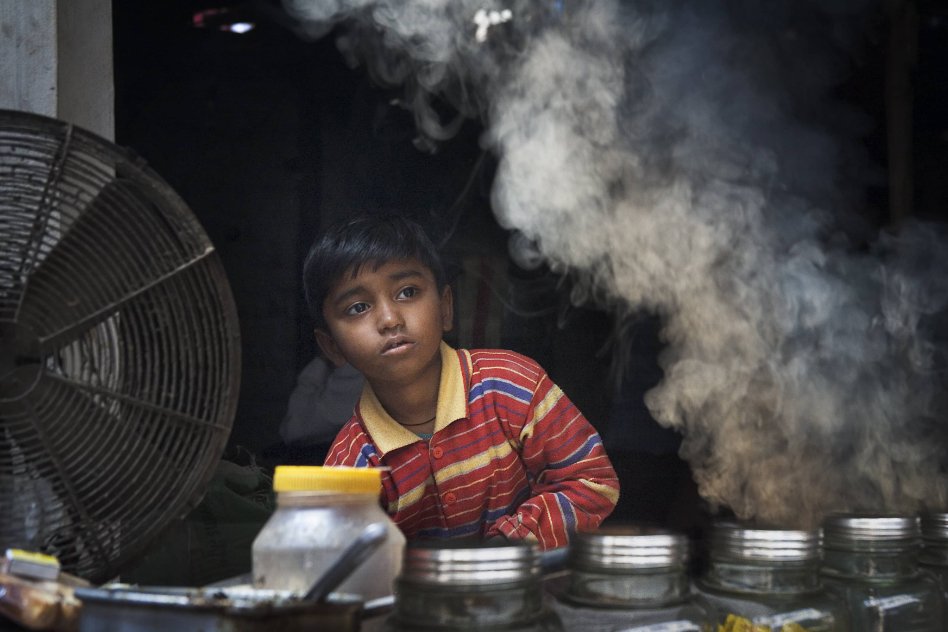UNICEF India Raises Concerns About Amendment In Child Labour Bill Which Legitamises Child Labour In A Family
29 July 2016 7:51 AM GMT
UNICEF India is concerned about the latest amendments to the Child Labour Bill in India which could legitimize family work and further disadvantage children from poor families. It has urged the removal of these provisions besides calling for a robust monitoring system that ensures children do not drop out of school.
What is the provision?
This particular provision in the new Child Labour Act has got UNICEF and many others concerned.
The provision states that ‘where the child helps his family or family enterprises, which is other than any hazardous occupations or processes set forth in the Schedule, after his school hours or during vacations.’
What are the concerns?
1. UNICEF India in a media release claims some forms of child labour may become invisible and the most vulnerable and marginalized children may end up with irregular school attendance, lower levels of learning and could be forced to drop out of school.
2. It could legitimize family work and also disadvantage the vulnerable children from poor families.
3. The amended Bill could lead to more children working in unregulated conditions.
What do the numbers tell us?
1. According to the 2011 census, child labour rates in India are highest among Scheduled Tribes (ST) at 6.7 per cent and Scheduled Castes (SC) at 3.9 per cent.
2. In both groups children in rural areas are more likely to work than children from cities.
3. There are approximately 10.2 million children working in India.
4. There has been an overall decline in the number of children working.
5. Child labour has increased in urban areas due to children migrating and trafficking for the purpose of construction labour.
It could still be amended
The Rajya Sabha has sought amendment in the above-mentioned provisions and hence there is still hope that the above-mentioned provisions will be revoked.
 All section
All section














